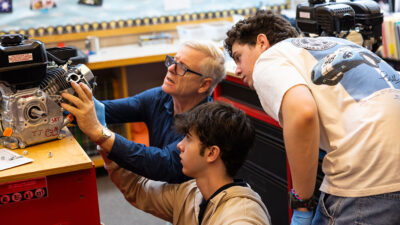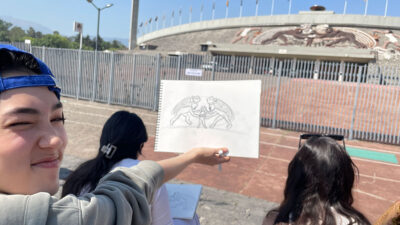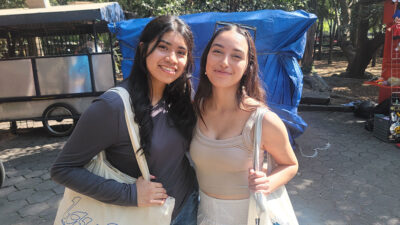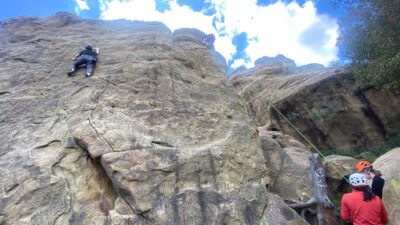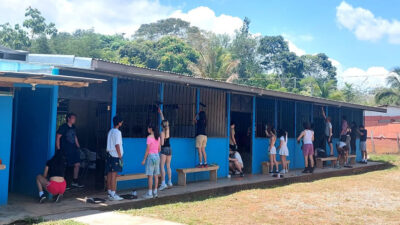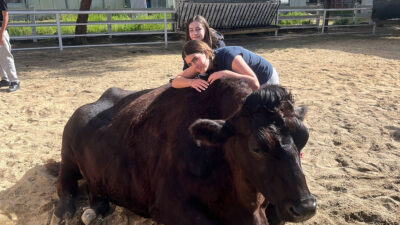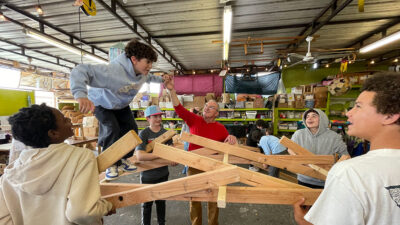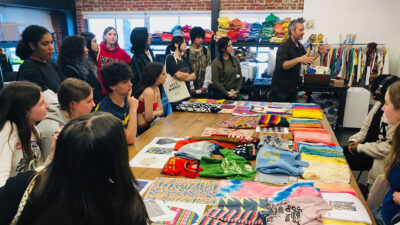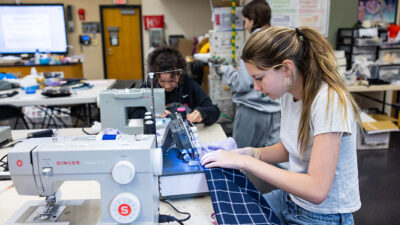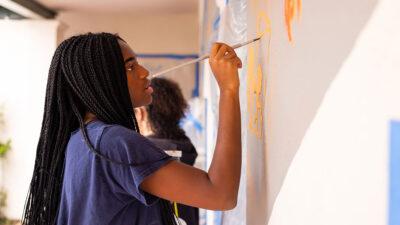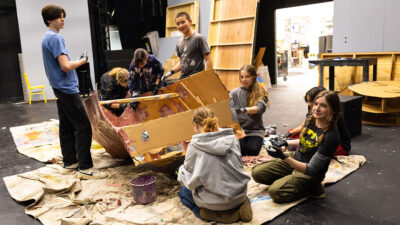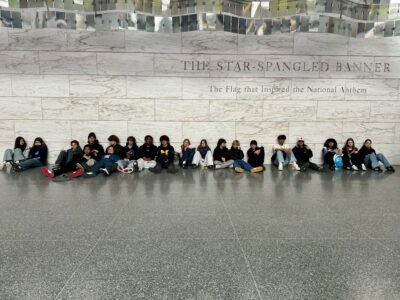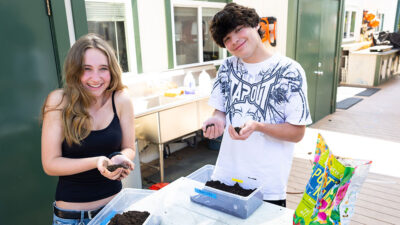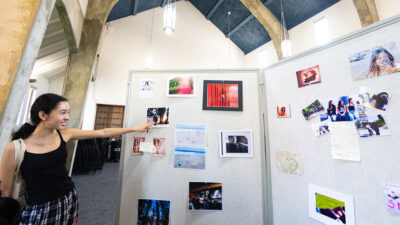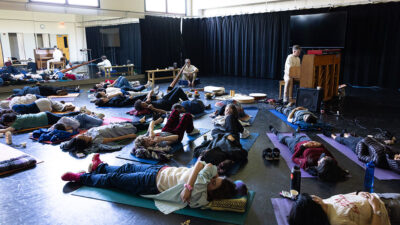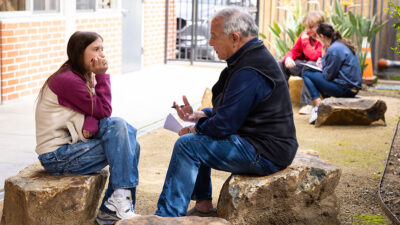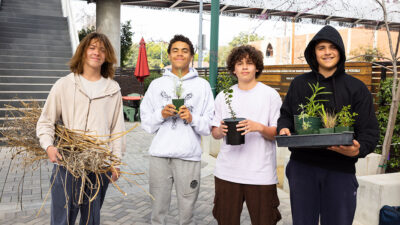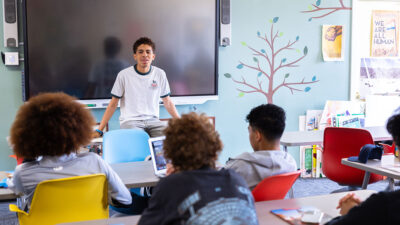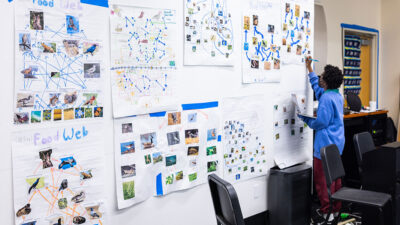Phu shares that at the heart of Immersion lies David Allen Kolb’s Experiential Learning Cycle, a four-stage process detailing how concrete experience, reflective observation, abstract conceptualization, and active experimentation coalesce into effective learning. He adds that the success of Immersion lies in its ability to cultivate a culture of experimentation and innovation. Students and teachers embrace risk-taking in pursuit of deeper learning.
The curriculum is also carefully aligned with global competencies that emphasize academic knowledge as well as the soft skills essential for the 21st century. Immersion encourages a profound exploration of subjects, both in the classroom and beyond. On campus, classrooms are transformed into a variety of settings tailored to individual immersion courses, fostering a depth of learning that transcends traditional boundaries.
Expert speakers enrich the experience, bridging the gap between theory and practice. “It’s not just the field trips, it’s also the in-depth learning that happens on campus,” adds Phu. “Immersion students really appreciate the opportunity to meet with experts—whether they go to meet with them where they are, or they come to the campus.” By crossing the barriers between school and community, Immersion expands students’ horizons, paving the way for transformative experiences that resonate long after the course is completed.
Echoing renowned American philosopher, psychologist, and educational reformer John Dewey’s notion that “We don’t learn from experience, we learn from reflecting upon experience,” Phu shares that “there is a depth of learning that happens both on and off campus and it’s that reflection piece that creates the learning—not just the experiences.”


